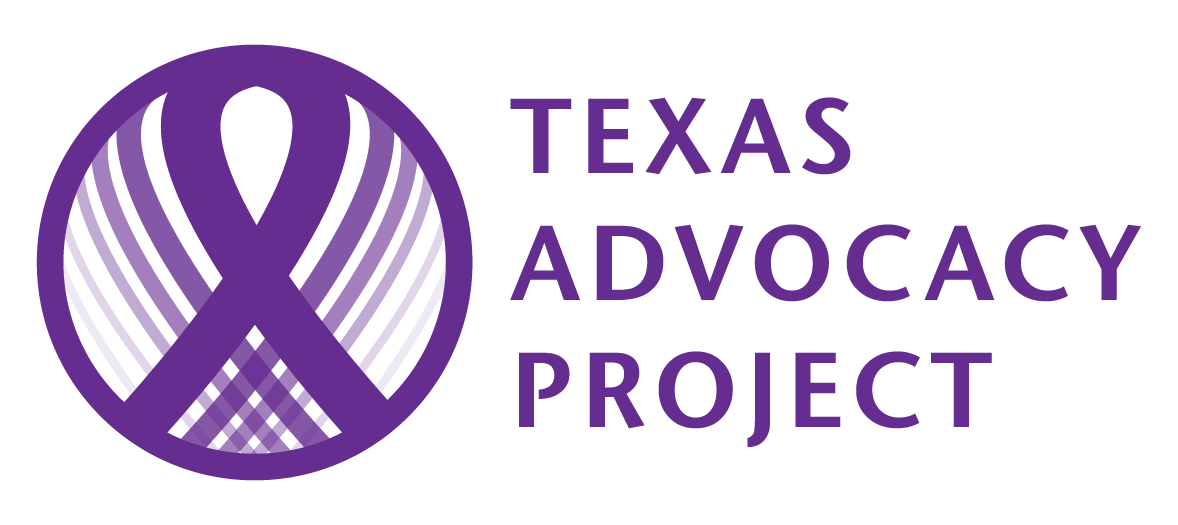GET HELP NOW: Call 800-374-HOPE | Apply for Services Online/Solicitar Servicios en Línea
Email Us | Donate | Email List Sign Up | En Español
Upcoming Events | Teen Ambassadors of Hope | Black & White Ball | Handbags for Hope
Glossary of Terms
Because your path to freedom involves legal processes, you will hear a lot of new words, as well as familiar words being used in new ways.
Use this list to help you understand some of the key terms that will be used during the process.
Remember to ask questions. Whenever there are terms or parts of the process you don’t understand, ask someone to explain it to you.
Adjudication
The entry of a decree or an order by a court. The legal process of resolving a dispute.
Alimony
Money or other financial support awarded to a spouse in a divorce action for his or her separate support. lt is usually awarded only where one spouse has been dependent on the other or has less earning power than the other and for a temporary period of time. Also called spousal support.
Annulment
A court declaration that a marriage is invalid or nonexistent. Courts annul marriages where fraud bigamy, impotence, or other serious problem has occurred. It means that the marriage never occurred legally. Church annulments are not the same as legal annulments.
Appeal
Process of going to a higher court to review the decision of a lower court.
Arraignment
The initial court proceeding, in which the state formally charges the defendant with a crime, and in which the defendant usually pleads guilty or not guilty.
Arrest
The initial step in the criminal justice process, in which the state deprives a suspect of her freedom due to alleged violations of criminal law.
Assault
A violent physical or verbal attack.
Assess
To figure out a sum of money and charge it to another.
Assignment
To award a debt or benefits to another person. For example, a husband who does not pay child support can be forced to assign his wages to the court for his children.
Asylum
The granting of protection against return to a refugee; can lead to lawful permanent resident status and eventually to citizenship.
Attorney
Legal advocate who is licensed to practice law in the state you are going to court in. Attorneys and lawyers are the same; these terms are used interchangeably.
Attorney general -- (AG)
Head of the state agency responsible for prosecuting violations of state laws. The AG's office is the State's law firm for civil matters. The AG's represent the State, either defending the State, or bringing lawsuits on behalf of the State.
Bail
Money or other security pprovided by the defendant, or by others on her behalf, to assure that she will appear at the required stages of the trial process.
Bench warrant
A warrant that a judge issues for someone's arrest. A judge may issue a bench warrant in a number of circumstances, including when someone does not obey a court order or fails to come to a court hearing that s/he was ordered to come to.
Book
To enter into police records a suspect's name and the crime for which he was arrested.
Brief
A written summary of a client's case, usually summarizing relevant laws and facts.
Clerk
The court official who keeps court records and files.
Commonwealth's attorney
Equivalent of state's attorney who prosecutes felony crimes in their respective counties within the commonwealth of Kentucky. It is possible that this term is also used in other states that are also known as Commonwealths.
Compensate
To give one party money or other benefits to make up for a loss or problem.
Competent
Able to make decisions. The court may decide if a person is competent or incompetent. If someone is incompetent, the court may appoint a legal guardian.

